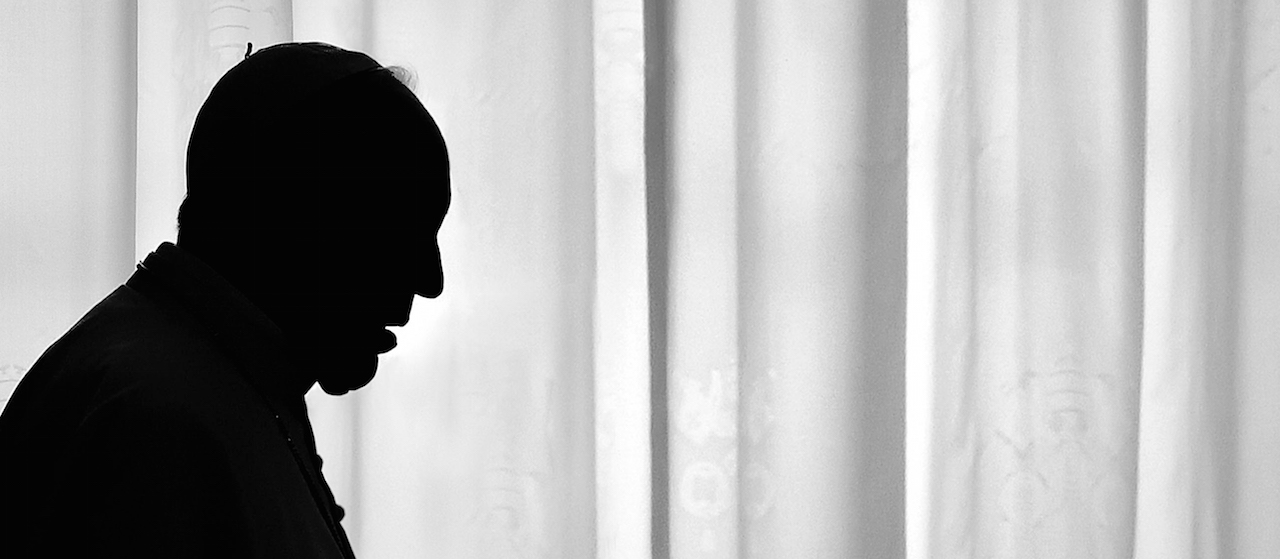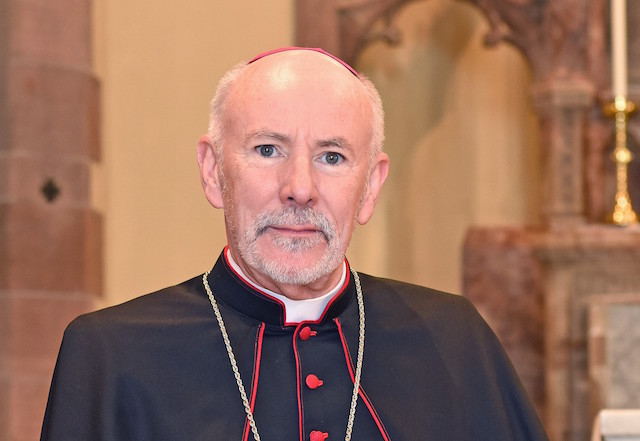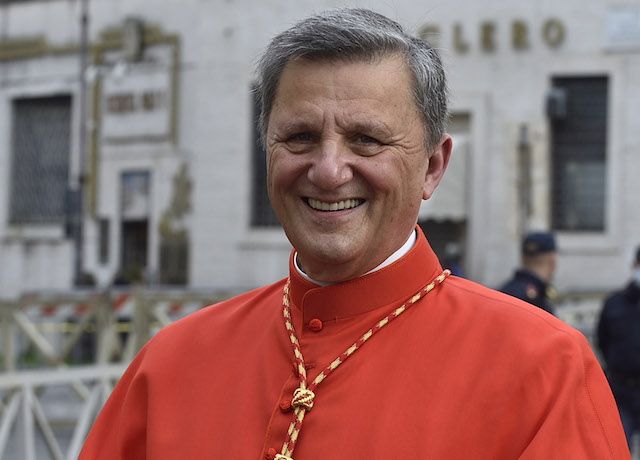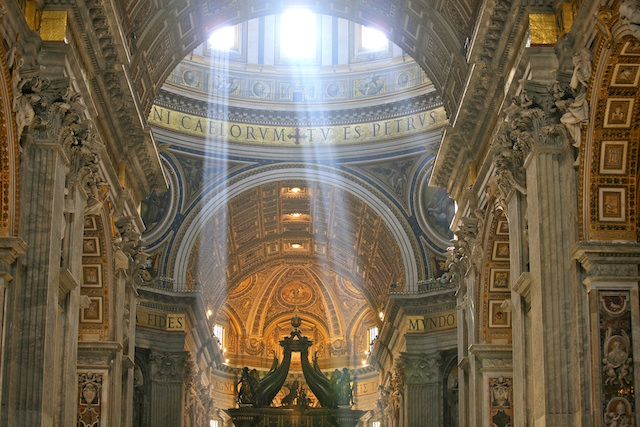
Official Journal of the Archdiocese of Glasgow
April 2022


Official Journal of the Archdiocese of Glasgow
April 2022

Easter Message

“We preach a crucified Christ.” So St Paul wrote in his letter to the Corinthians. And during this Holy Week we meditate on the suffering and crucifixion of Jesus. We contemplate the unjust and inhumane treatment that he received. So cruelly treated by his fellow human beings!
Read more…
Synod

There are serious divisions in the Church and we need to acknowledge them … that is the stark message from Cardinal Mario Grech – the man tasked by Pope Francis, with promoting the upcoming synod.
Read more…
Pilgrimage

The first-ever Archdiocesan pilgrimage to Rome exclusively for young Catholics will take place this summer, and by happy co-incidence Archbishop Nolan will be there at the same time to receive his Pallium.
Read more…